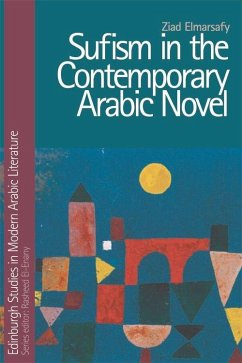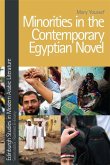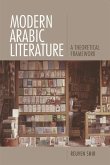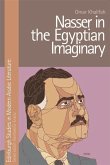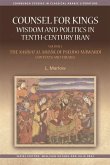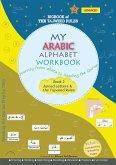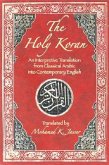Edinburgh Studies in Modern Arabic Literature Series Editor: Rasheed El-Enany This series, dedicated to the study of modern Arabic literature, is unique and unprecedented. It includes contemporary genre studies, single-author studies, studies of particular movements, trends, groupings, themes and periods in Modern Arabic Literature, as well as country/ region-based studies. 'Elmarsafy is to be commended on the ambitious project to encompass a large geographic expanse, and his selections are meant to be illustrative rather than encyclopedic. The work is meticulously detailed.' Barbara Harlow, Journal of Postcolonial Writing 'I genuinely enjoyed reading Elmarsafy's well-researched analysis and presentation of contemporary Arab novelists...his book will be a solid companion for all who want to develop their thinking and knowledge of Sufism and Arabic literature.' Göran Larsson, Islam and Christian-Muslim Relations Studies the use of Sufi ideas, language and themes in Arabic fiction from 1945 to the present Although Sufi characters--saints, dervishes, wanderers--occur regularly in modern Arabic literature, a select group of novelists seeks to employ Sufism as a system of thought and language for literary ends. In the work of writers like Naguib Mahfouz, Gamal Al-Ghitany, Tahar Ouettar, Ibrahim Al-Koni, Mahmud Al-Mas'adi and Tayeb Salih we see a strong intertextual relationship with the Sufi masters of the past, including Al-Hallaj, Ibn Arabi, Al-Niffari and Al-Suhrawardi. This relationship becomes a means of interrogating the limits of the creative self, individuality, rationality and the manifold possibilities offered by literature, seeking in a dialogue with the mystical heritage a way of preserving a self under siege from the overwhelming forces of oppression and reaction that have characterized the late twentieth and early twenty-first centuries. Key Features Covers a broad range of modern Arabic novelists including Naguib Mahfouz and Tayeb Salih Focuses on Sufism in fiction rather than in poetry (where it is most often discussed) Studies authors such as Al-Koni and Ouettar who have received little critical attention in English Ziad Elmarsafy is Professor in the Department of English and Related Literature at the University of York. He is author of /The Enlightenment Qur'an: The Politics of Translation and the Construction of Islam/ (2009) and co-editor, with Anna Bernard and David Attwell, of Debating Orientalism (2013).
Bitte wählen Sie Ihr Anliegen aus.
Rechnungen
Retourenschein anfordern
Bestellstatus
Storno

